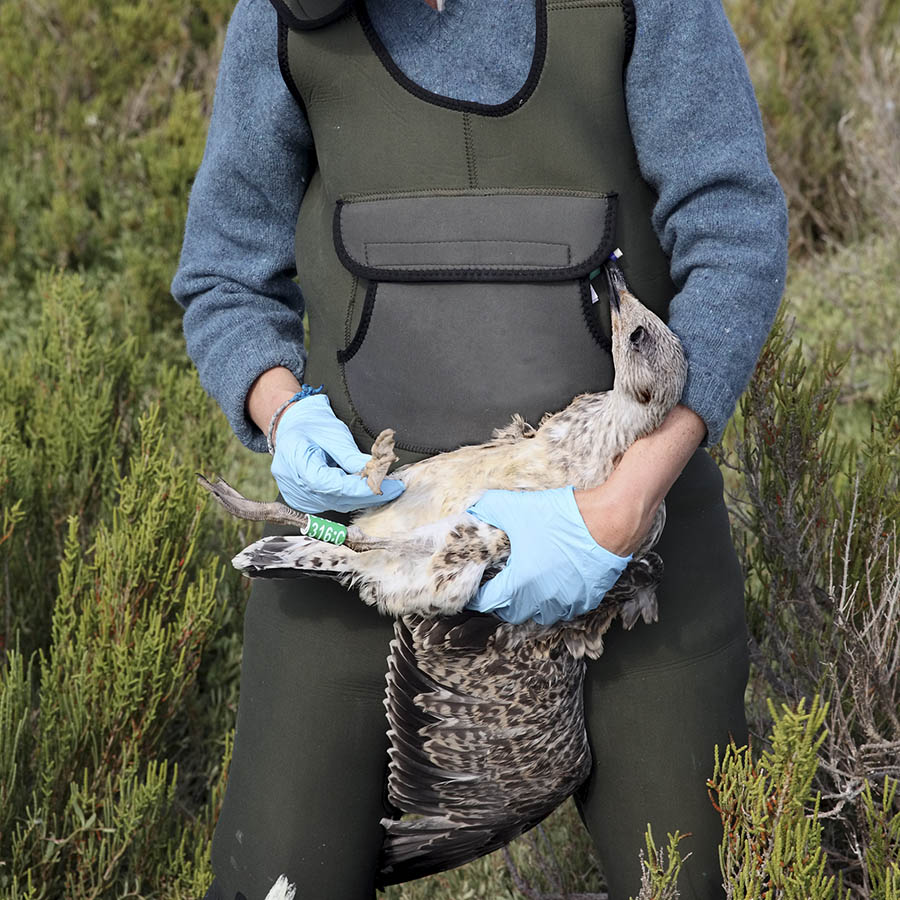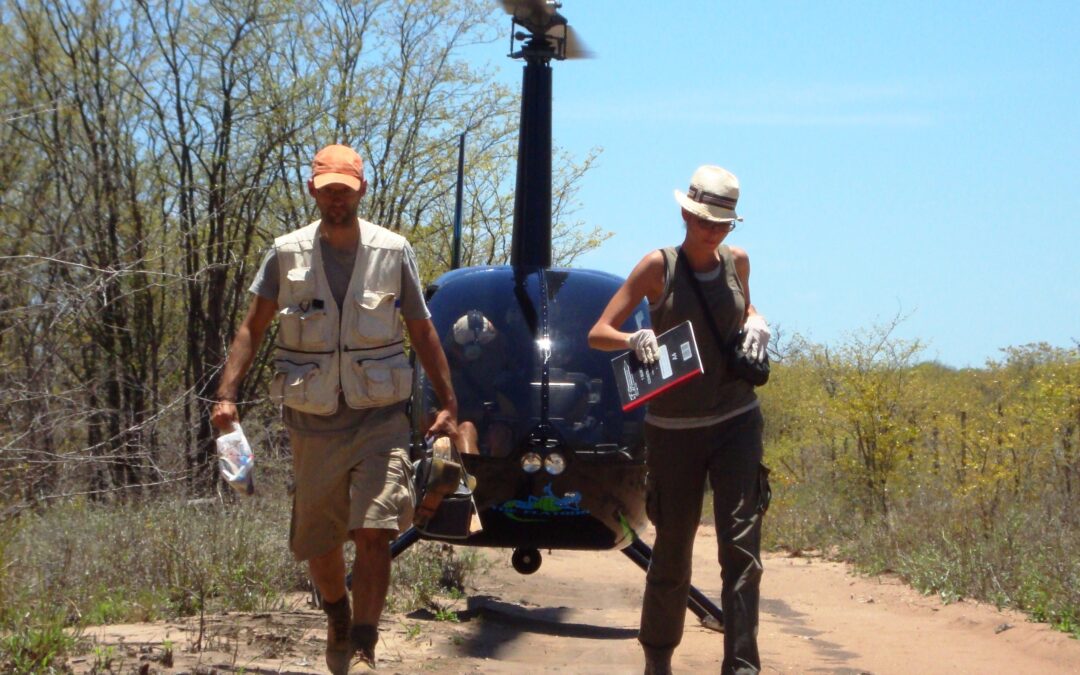Ecological and Evolutionary Processes within Communities (PEEC)
Bringing together basic research on biological interactions in communities and their impact on health
The concept of “community” is now considered central in ecology, evolution, and health sciences. As such, viruses, bacteria, parasites, vectors, cancer cells, and other living entities with a parasitic lifestyle are integrated into complex communities organised within a series of spatial and biological hierarchical scales: between cells, between individuals, between host species, and so on. In order to determine how these different communities come together and interact, and to assess the scientific and health-related consequences of these interactions, the members of the PEEC department study the ecological and evolutionary processes that govern their organisation and operation. The research conducted by this department includes a variety of biological systems and a range of complementary techniques, but always aims to provide a comprehensive and relevant view of the structure and function of communities.
research teams
permanent members
Keywords
Adaptation, Biodiversity, Cancer, Emergence, Interfaces, Microbes, Movements, Host-switching, Symbioses, Zoonoses

Primary objectives:
While the immediate goals of the different research programmes may vary, their ultimate objectives are complementary: some focus on increasing our fundamental knowledge of structural processes, while others attempt to envision how this newfound understanding can lead to translational results for animal and human health. This complementarity allows us to combine basic and applied research programmes, thus stimulating the emergence of new and innovative research questions.
Team locations PEEC
- France
- Zimbabwe
- Madagascar
- Australia(CREEC)
- Mexico
Collaborators
- Democratic Republic of the Congo
- Zimbabwe
- Madagascar
- Senegal
- Australia(CREEC)
- Guyana
- Mexico
- Gabon
- South Africa
- Réunion Island

PEEC department news

Fête de la Science au Zimbabwe avec HUM ANI
Interview à Esprit sorcier du du Dr Hervé Fritz CNRS, directeur de la Zone atelier Hwange, du Dr Vladimir Grosbois bio-statisticien CIRAD et du Dr Eve Miguel Eco-épidémiologiste IRD. Pour en savoir plus sur la recherche effectuée au Zimbabwe depuis plus de 20 ans en...
